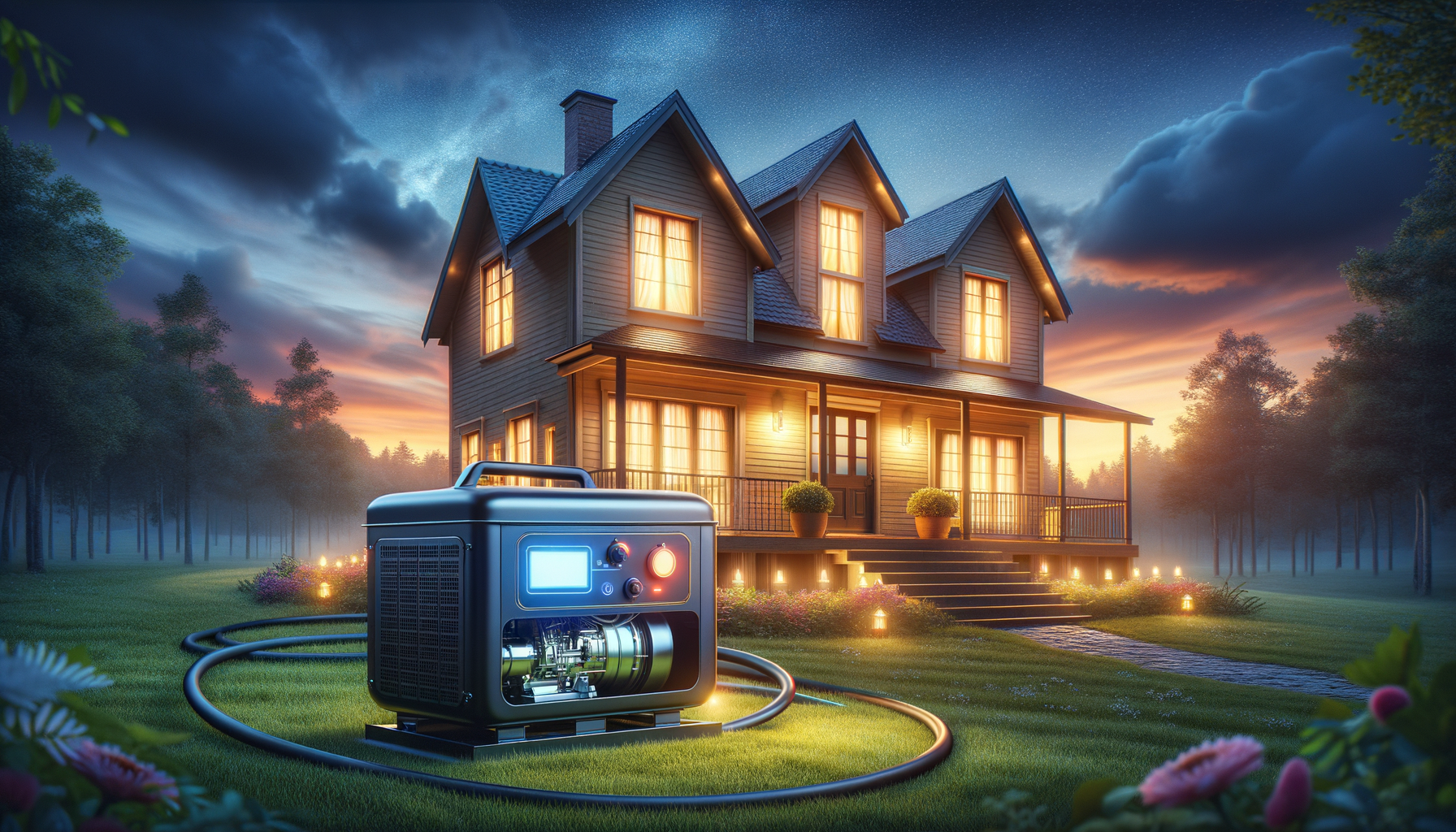Introduction to Home Generators
In today’s world, where electricity powers nearly every aspect of our lives, the importance of having a backup power source cannot be overstated. Home generators offer a reliable solution to keep essential appliances and systems running during power outages. These devices have become increasingly popular, providing homeowners with peace of mind and a sense of security. This article delves into the various aspects of home generators, exploring their types, benefits, and considerations for choosing the right one for your needs.
Types of Home Generators
Home generators come in various types, each catering to different power needs and preferences. The two main categories are portable generators and standby generators. Portable generators are versatile and can be moved around as needed. They are ideal for temporary power needs and can be used for outdoor activities or during short-term outages. Standby generators, on the other hand, are permanently installed and automatically kick in when the power goes out. They are connected to the home’s electrical system and can power the entire house or specific circuits.
When choosing a generator, consider factors such as power output, fuel type, and noise level. Portable generators typically run on gasoline, making them easy to refuel, while standby generators often use natural gas or propane. It’s important to assess your power needs to determine the appropriate generator size. A generator that is too small may not handle your essential appliances, while an oversized one could be unnecessarily costly.
Benefits of Home Generators
Home generators offer numerous benefits, making them a valuable investment for homeowners. One of the primary advantages is the uninterrupted power supply during outages. This is especially crucial for households with medical equipment that requires constant electricity. Additionally, generators can prevent food spoilage by keeping refrigerators and freezers running, saving you money and reducing waste.
Another benefit is the increased safety and comfort they provide. With a generator, you can maintain lighting, heating, and cooling systems, ensuring a comfortable living environment regardless of the weather conditions outside. Moreover, generators can enhance home security by keeping alarm systems operational during power cuts.
Considerations for Choosing a Home Generator
When selecting a home generator, several factors should be taken into account to ensure it meets your needs. First, determine the essential appliances and systems you want to power during an outage. This will help you calculate the required wattage and choose a generator with sufficient capacity.
Consider the fuel type and availability in your area. Natural gas and propane are common for standby generators, while portable generators often use gasoline. Evaluate the noise level, especially if you live in a neighborhood with noise restrictions. Some generators are designed to operate quietly, making them suitable for residential areas.
Lastly, think about the installation and maintenance requirements. Standby generators need professional installation and periodic maintenance to ensure they function properly when needed. Portable generators require less maintenance but need to be stored and set up each time they are used.
Conclusion: Ensuring Power Reliability
Home generators are an essential investment for anyone seeking to maintain power reliability during outages. By understanding the different types of generators and their benefits, homeowners can make informed decisions that suit their specific needs. Whether opting for a portable or standby generator, the key is to ensure that your home remains powered, safe, and comfortable in any situation.
With careful consideration of factors such as power output, fuel type, and installation requirements, you can select a generator that provides peace of mind and security for your household. As power outages become increasingly common due to extreme weather and other factors, having a reliable backup power source is more important than ever.




Leave a Reply